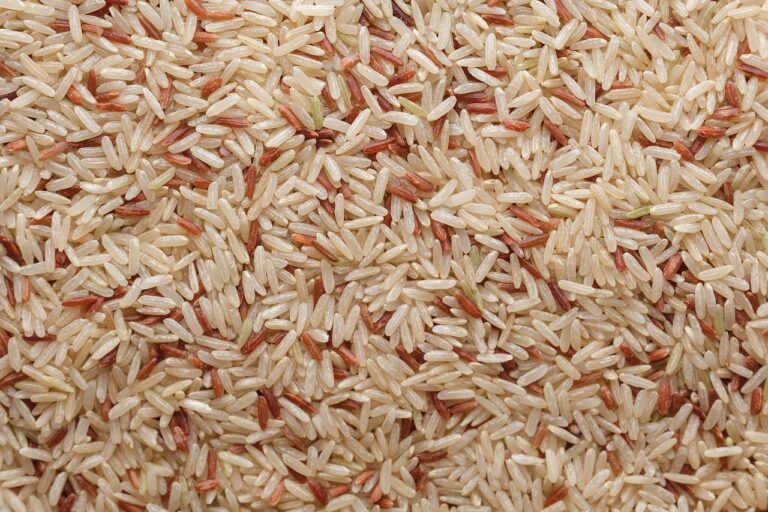The Science of Food Biotechnology: Innovations in Genetic Modification
Food biotechnology encompasses a wide array of techniques that involve the manipulation of living organisms to improve the quality and quantity of food production. One of the key concepts in food biotechnology is genetic modification, where specific genes are inserted or removed from an organism’s DNA to confer desirable traits such as pest resistance or increased nutritional value.
Another important aspect of food biotechnology is the use of biotechnological tools like CRISPR-Cas9, which allows for precise editing of an organism’s genetic material. These advancements have revolutionized the agricultural industry by enabling scientists to develop crops that are more resilient to environmental stressors and pests, ultimately leading to increased food security and sustainability.
Understanding Genetic Modification in Food
Genetic modification in food refers to the process of altering the genetic material of plants or animals to achieve desired traits. This technology allows scientists to introduce specific genes into the organism’s DNA, enhancing characteristics such as pest resistance, faster growth, or improved nutritional content. The genetic modification process involves precise manipulation of the genetic code, leading to the development of genetically modified organisms (GMOs) that exhibit the desired traits.
Many consumers have concerns about the safety of genetically modified foods. Proponents argue that extensive testing is done to ensure the safety of GMOs before they are approved for consumption. Additionally, supporters emphasize the potential benefits of genetically modified foods, including increased crop yields, reduced need for chemical pesticides, and enhanced nutritional value.
The Role of Biotechnology in Agriculture
Biotechnology plays a crucial role in modern agriculture by providing innovative solutions to enhance crop production and improve food quality. Through genetic engineering techniques, scientists can introduce desirable traits into plants, such as resistance to pests or diseases, tolerance to environmental stress, and increased nutritional value. These advancements help farmers to produce higher yields of crops with reduced resources and lower environmental impact.
Furthermore, biotechnology in agriculture contributes to sustainable farming practices by promoting the use of biofertilizers, biopesticides, and other biological agents to support soil health and ecosystem balance. By harnessing the power of biotechnology, farmers can reduce reliance on chemical inputs, minimize soil erosion, and conserve water resources. This holistic approach not only benefits agricultural productivity but also promotes biodiversity and environmental conservation for future generations.
• Biotechnology introduces desirable traits into plants such as resistance to pests or diseases
• Genetic engineering techniques help increase nutritional value in crops
• Farmers can produce higher yields with reduced resources and lower environmental impact
• Biotechnology promotes the use of biofertilizers, biopesticides, and biological agents for sustainable farming practices
• By reducing reliance on chemical inputs, biotechnology helps minimize soil erosion and conserve water resources
• The holistic approach of biotechnology benefits agricultural productivity while promoting biodiversity and environmental conservation
What are some key concepts in food biotechnology?
Some key concepts in food biotechnology include genetic modification, gene editing, and the use of biotechnology to improve crop yields and resist pests and diseases.
What is genetic modification in food?
Genetic modification in food involves altering the DNA of plants or animals to produce desired traits, such as increased resistance to pests or improved nutritional value.
How does biotechnology play a role in agriculture?
Biotechnology plays a crucial role in agriculture by providing farmers with tools to improve crop productivity, reduce the use of pesticides, and adapt to changing environmental conditions.
What are some of the benefits of biotechnology in agriculture?
Some benefits of biotechnology in agriculture include increased crop yields, improved crop quality, reduced environmental impact, and enhanced food security.
Are there any potential risks associated with biotechnology in agriculture?
While biotechnology in agriculture has many benefits, there are also potential risks to consider, such as the unintentional spread of genetically modified organisms and the development of herbicide-resistant weeds.
How is biotechnology regulated in the agriculture industry?
Biotechnology in agriculture is regulated by government agencies to ensure the safety of genetically modified crops and foods for both human health and the environment.







